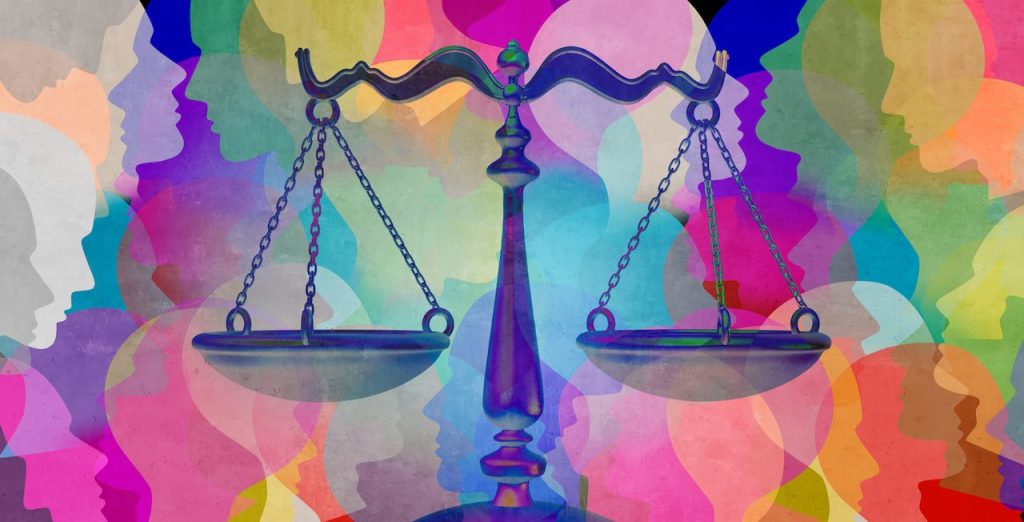Criminal law is an important part of the legal system. It protects public interests by punishing those who commit crimes. The criminal justice system focuses on rehabilitation and the protection of society. It uses the services of a prosecutor and police to punish people who break the law, and Criminal Lawyers exist to plead their case. These services are paid for with public funds. The victims of a crime report the incident to the police. The police investigate the crime and file a case. These prosecutions are known as public prosecutions.
US Criminal Law
The process of criminal prosecution begins with a federal or state government prosecutor. A jury will typically hear a case to determine guilt. Serious felony charges usually carry imprisonment or a fine paid to the government. Under criminal law, the prosecution must prove that a defendant is guilty beyond a reasonable doubt.
In addition to prosecuting criminals, the government can also take action to protect the public. These laws may affect personal liberty and property. As a result, they are a fundamental part of the legal system. Criminal law is more public than civil law in some ways, but the two are closely related. For example, the federal government makes it easier for businesses and citizens to keep track of who has committed a crime.
While each case is unique and depends on the facts of the case, the federal government seeks to apply the law consistently. The Criminal Code is much more comprehensive than the common law. The federal government has limited powers to make criminal laws. Nevertheless, this doesn’t mean that criminal laws are not subject to constitutional scrutiny.
Advertisement
In the United States, criminal law is considered public law because it is the rule of the land. In the United States, laws that affect criminal behavior are codified in Title 18. These statutes determine the maximum penalty. The federal government, in turn, applies the laws in the same way. Local governments also influence the interpretation of statutory laws.

Canadian Criminal Law
In Canada, criminal law is a distinctly Canadian form of public law. It is a part of the country’s Constitution. It has a complex history and is the basis for many laws. The federal government first created it in 1867. By 1867, Parliament granted legislative power to the provinces and the federal government to regulate crimes. Its history is well documented, and its evolution has been reflected in the Constitution.
Parliament originally created the criminal justice system. The Criminal Code codified most crimes. It contains related federal statutes, including the Narcotic Control Act and the Food and Drugs Act. The Constitutional status of criminal law in Canada has been a source of debate for several decades, and some reforms were made in 2013. While it is still controversial, it remains an integral part of our legal system.
In Canada, the criminal justice system is based on fixed, predetermined laws. Criminal law is based on a fixed, predetermined law in most cases. In other words, a criminal prohibition must exist at the time of the crime and create an ascertainable offense. This means that a definite statute has to be framed before applying a law.
The criminal law system is a vital part of society. It protects individuals and society from harm. It is also a vital part of democracy. This system is not only important for protecting citizens in our society, but it also protects the public.

